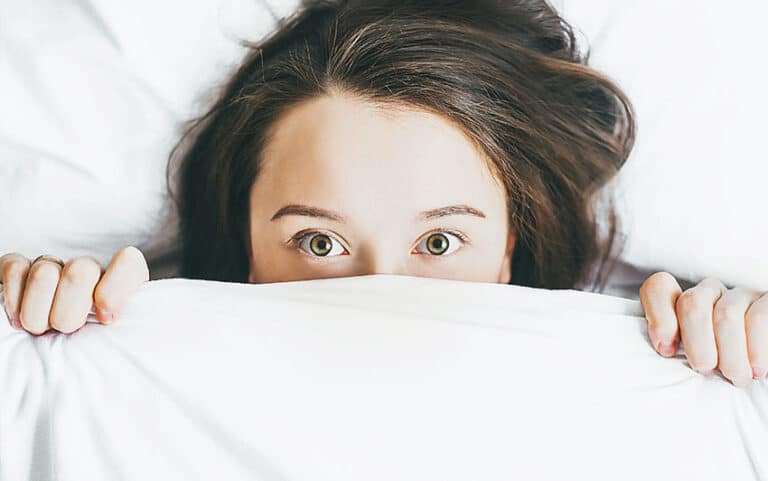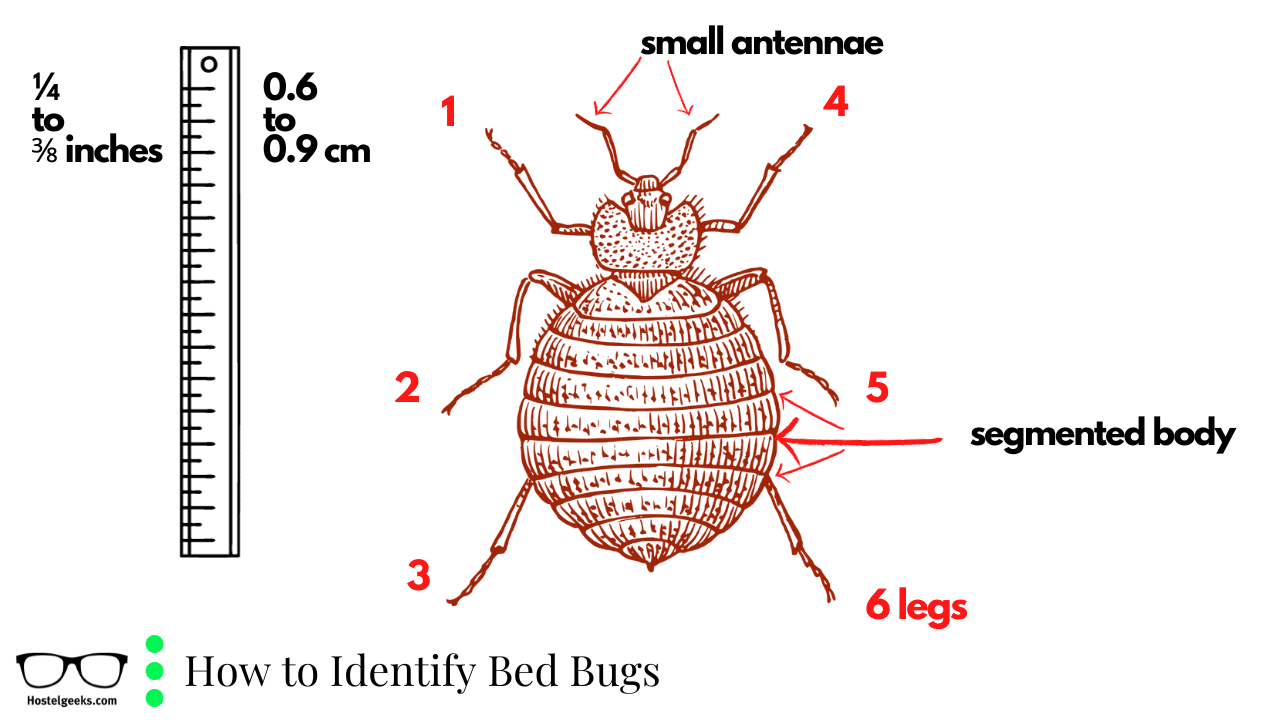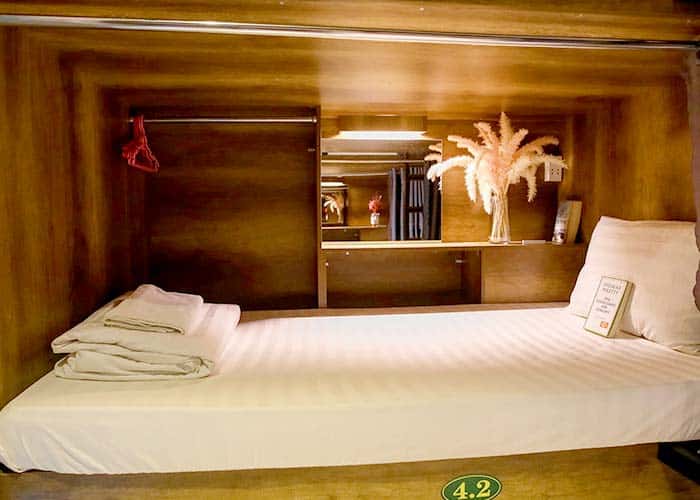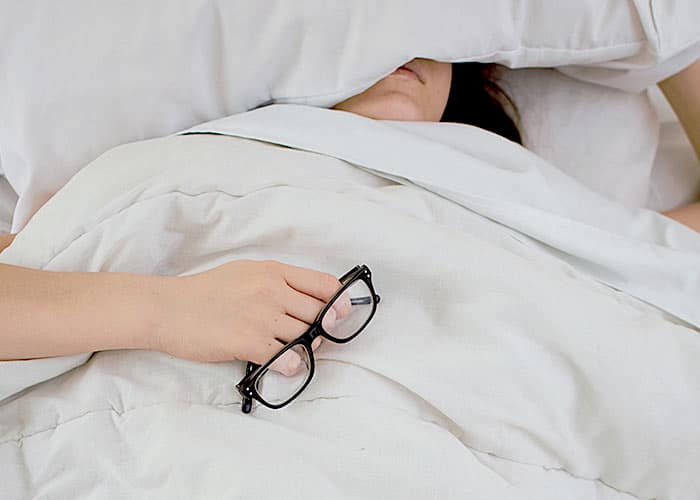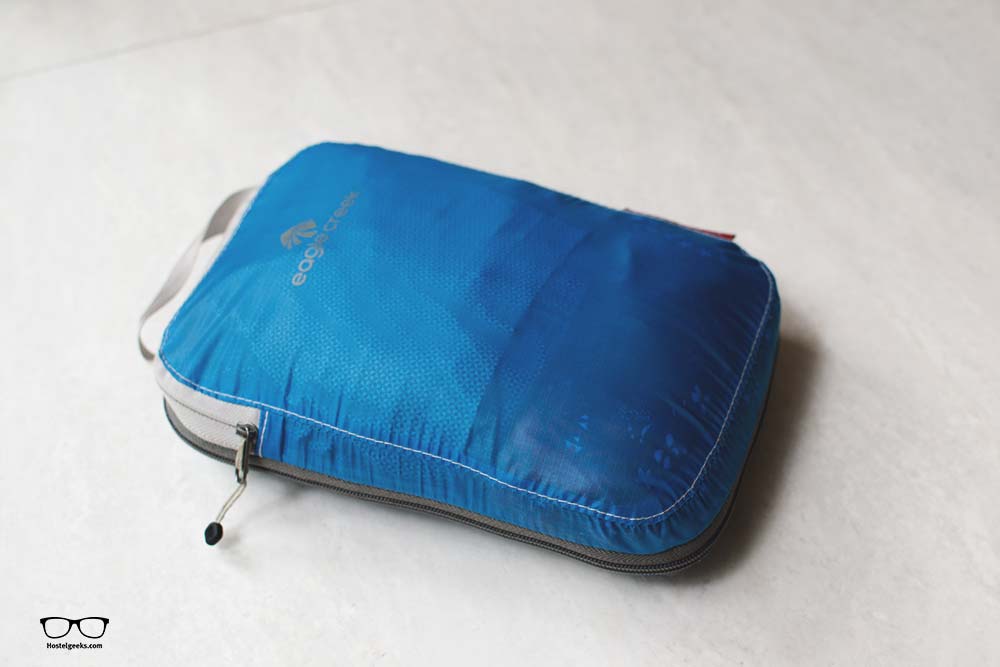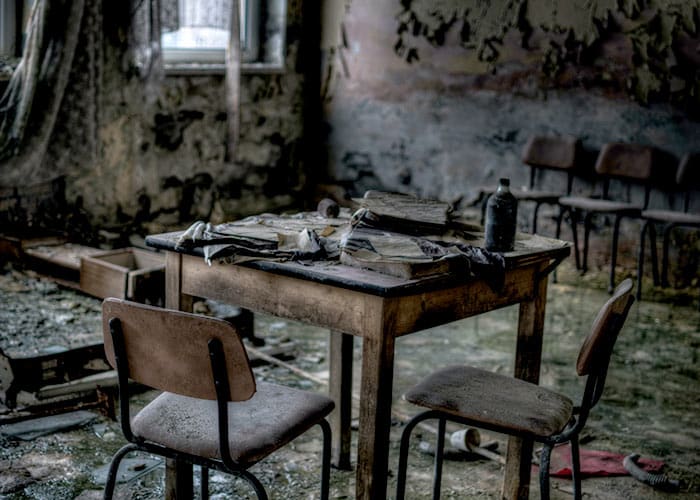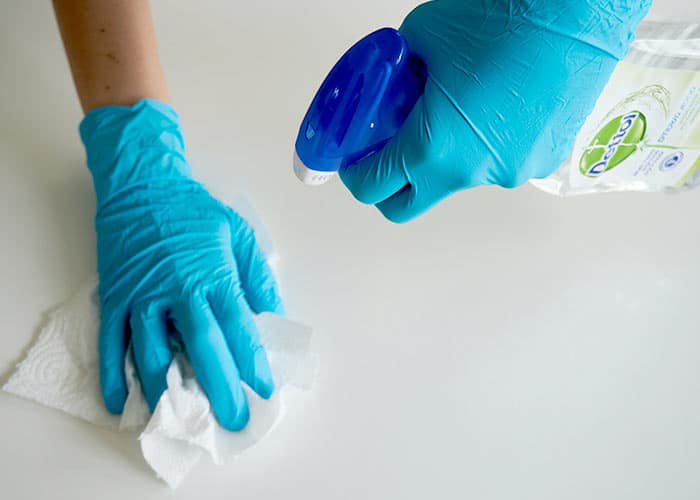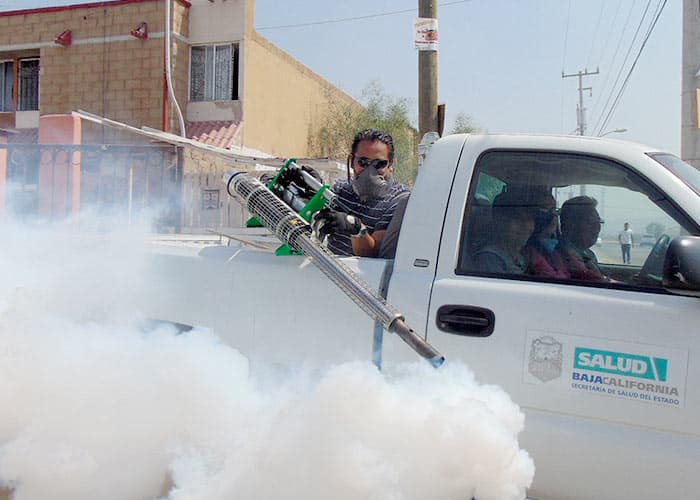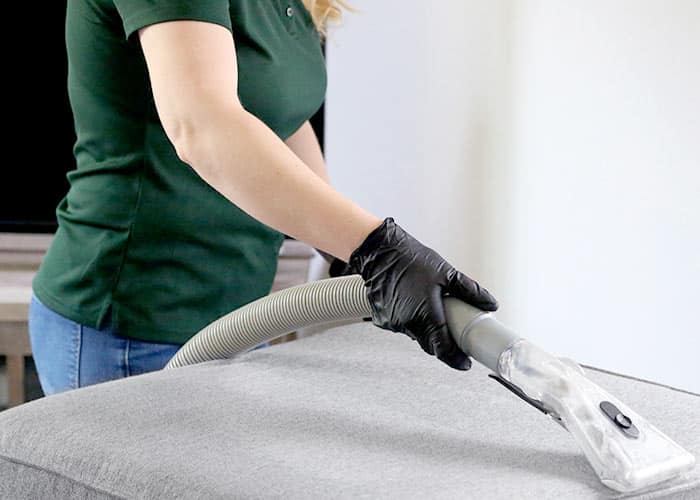Traveling is all fun and games until you come face to face with a six-legged souvenir—bed bugs. These tiny blood-sucking monsters are capable of turning your hotel or hostel (or home) experience into a horror holiday.
You may not be familiar with bed bugs and we hope you never are, but we decided to write this guide to give you all the possible tips and tricks under the sun regarding these creatures so that if you ever meet them, you’ll know:
- How to identify them
- How to proceed if you find them
- How to avoid them
- What to do if they bite you
Let us arm you with knowledge and soothing gel.
What do we cover in this article?
- Learn How to Identify Bed Bugs
- How to check for bed bugs at a hostel
- What do beg-bug-bites look like and how to identify the bites?
- What should you do if there are bed bugs in your hostel?
- What to do if you sleep in a bed with bed bugs?
- How to avoid Bed bugs (or at least limit the damage they do)
- How to avoid bed bugs before checking in?
- How Do You Treat Bed Bug Bites?
- Are bed bugs caused by a dirty hostel?
- What can you do after reporting bed bugs to your accommodation?
- How to get rid of bed bugs once they are in the hostel?
- Conclusion & Useful Travel Information
Something to help out with your travels: Check out all our 5 5-star hostels and all 3 best hostel guides.
Learn How to Identify Bed Bugs
- What are bed bugs and what do they look like?
- How can you check for bed bugs at a hostel (or any other place)?
- What do beg-bug-bites look like and how to identify the bites?
What are bed bugs and what do they look like?
Not every small, oval, reddish-brown bug you come across is a bed bug.
In fact, some people often mistake fleas, ticks, or other insects for bed bugs, leading to unnecessary panic and the wrong battle plan strategy.
Bed bugs are expert hide-and-seek champions, adept at concealing themselves in cracks, crevices, and seams. To correctly identify these miniature bloodsucking demons, look for key features:
- A distinctive six-legged profile
- A size ranging from ¼ to ⅜ inches in length (0.6 to 0.9 cm)
- An oval-shaped and flat appearance
- A distinctive segmented body
- The presence of small antennae
- A reddish-brown color
- A penchant for nocturnal feasts
How to check for bed bugs at a hostel (or any other place)?
So we’ve told you how to identify bed bugs and what they look like.
Now here are ways to determine whether or not the place you’re staying in has bed bugs and whether or not you should run away.
Obviously, you’re not going to do all of these things before checking in (unless you’re really scared about bed bugs, which.. I mean.. Yeah same), but here is a comprehensive list of how to check for bed bugs in a hostel (or any other place):
- Bed Bug Feces and Stains: Check for tiny, dark brown, or black stains on sheets, mattresses, or nearby furniture. These could be bed bug feces, exoskeletons, or the blood left behind by their previous victims. These spots often look like small ink spots.
- Distinct Odor: Bed bugs emit a sweet, musty odor. If you detect an unusual scent in your bedroom, it might be a sign of a bed bug infestation. But this could also be the smell of mold growth – which is terrible for your health as well.
- Visual Inspection: Examine the seams, folds, and tufts of mattresses and upholstered furniture for any signs of bed bugs or their exoskeletons. You might look a bit crazy doing that but nothing is worth your peace of mind.
- Use a Flashlight: Shed light on potential hiding spots by using a flashlight to inspect cracks, crevices, and seams in and around the bed.
- Inspect Headboards and Bed Frames: Bed bugs can hide in cracks and joints of headboards and bed frames, so give these areas a thorough examination.
- Read Recent Reviews: Check online reviews for mentions of bed bugs in recent experiences at the accommodation. Click on the reviews for the hotel and then click on the keys Cmd + F (Mac) or Ctrl + F (PC). A search box will appear on your screen, and you can type in “bed bugs.”
Pro tip: One of the best ways to avoid bed bugs is to stay at the best hostels in the city of your choice – chances are they won’t even have them in the first place, or will at least know what to do if they come across them. We obviously have guides on almost all the cities you’d think of going to, from Barcelona to Tokyo.
- Inspect Luggage Rack: Before placing your luggage on a rack, inspect it for any early signs of bed bugs. These pests can easily hitch a ride on your belongings which we also wish we could do because of inflation, but you can’t have everything in life.
- Nighttime Recheck: Repeat your inspection at night, when bed bugs are most active, to increase the chances of detection.
What do beg-bug-bites look like and how to identify the bites?
Note that some people are allergic to bed bugs which can cause them to have severe reactions.
Always consult a healthcare professional if you’re worried.
In this case, make sure to take pictures of the bites for future reference or in case you need to document the issue for accommodation management!
- Size and look: the bites are typically small, raised like welts, resembling a mosquito bite but without the central puncture mark.
- Color and look: Bed bug bites typically look red.
- Appearance: the bites often appear in clusters or in a linear pattern, reflecting the bed bug’s feeding behavior – yum.
- Sensation: Bed bug bites are notorious for causing intense itching and discomfort. But unlike mosquito bites, scratching the bites may lead to secondary infections.
- Reaction: not everyone reacts immediately to bed bug bites. Some individuals may experience delayed symptoms – bite marks and itching can take up to as long as 14 days to develop depending on your skin and reaction.
What should you do if there are bed bugs in your hostel?
If you find any signs of bed bugs, immediately tell the desk person at your accommodation and ask to change rooms – alternatively, you could also just switch hostel or hotel, but whether or not you’ll get your money back will depend on the policy of the establishment you’re staying at.
If you’re changing rooms, make sure to not use the sheets of the accommodation if you can, and promptly follow the tips below when you leave.
Read: how to pick a travel insurance
What to do if you sleep in a bed with bed bugs?
🔥Heat will be your best friend!
-Take a long hot shower, making sure to wash yourself with a good quality soap – opt for a soap bar without any harsh ingredients. Note that bed bugs will very rarely cling onto bare skin, they usually catch a ride on clothes, but this shower will definitely give you peace of mind.
-Wash all your clothes (even the clean ones), especially if you’ve stayed in a hostel or hotel with bed bugs during your journey. Ensure a thorough wash at a minimum of 50 degrees Celsius (122°F).
-Don’t use any of your unwashed clothes inside of your house (don’t sit down on your couch or bed or anything made out of cloth), strip to the bare minimum before you hop into a shower, and throw your clothes into a washer.
-Expose your luggage to the sun for a few days without bringing it home if you can, wash it if it’s washable in the laundry machine, and gauze it down with alcohol spray if it’s not.
-If you’re still worried, you can use alcohol spray or an essential oil like lavender on all of your furniture, clothes, and luggage. This will either kill the bed bugs or make them go out of their hiding place which will inform you of their location if they are there.
Remember: bed bugs cling to cloth, so as long as you take these steps, the chances of you bringing them home with you are extremely small.
How to avoid Bed bugs (or at least limit the damage they do)
Here are tips on how to avoid bed bugs on your luggage and clothes while traveling and how to get rid of bed bugs after traveling
- Opt for Hard Cases: Choose a hard case instead of a soft case or backpack for luggage. Bed bugs find fewer areas to latch onto in hard cases, reducing the risk of bringing them home.
- Elevate your Luggage: Keep your luggage on elevated surfaces, away from potential hiding spots. Bed bugs are less likely to make the climb, reducing the risk of infestation. Alternatively, use bed bug spray on your suitcase for an extra layer of protection.
- Travel-Sized Bed Bug Spray: Arm yourself with a travel-sized bed bug spray. A quick spritz in your accommodation can serve as a preventive shield against potential bed bug encounters. Just don’t spray it on yourself, it’s probably worse for your skin than the actual bed bugs.
Read: Staying in a Hostel for the Very First Time (Guide)
- Luggage Liner: Shield your belongings by using a luggage liner. This added layer of defense minimizes the risk of bed bugs hitching a ride on your luggage. And you can take them off when you’re home and wash them.
- Laundry Routine: Keep a laundry routine during your travels. Regularly washing and drying your clothes at high temperatures can help eliminate any potential bed bugs that may have hitchhiked. This is one of the only ways to get rid of bed bugs after traveling
- Packing Cube: Store your clothing in packing cubes to make your belongings less accessible to pests. This simple measure prevents bed bugs from making their way home with you. Packing cubes are also washable.
Read: Simply but effective hostel safety tips.
Here are tips to safeguard your greatest belonging (aka yourself):
- Avoid Wooden Beds: Opt for metal frames or concrete beds instead of wooden ones. These materials are easier to clean and less attractive to bed bugs.
- Top Bunk Advantage: Opt for a top bunk if available. While not foolproof, sleeping on the top bunk is a good way to avoid bed bug bites while sleeping: bugs find it harder to climb from the floor.
- Invest in Anti-Bed Bug Sheets: Consider purchasing and using anti-bed bug sheets for added protection, especially if you frequently stay in hostels. If you find them too expensive, you could also opt to just bring your own normal sheets – most hostels in Europe make you pay for them anyway so this is a good tip regardless.
- Personal Protection: Consider wearing long sleeves and pants, especially during sleep, to minimize exposed skin that the bugs could feast on. This simple precaution can act as a physical barrier against the demons.
- Alcohol as a Deterrent: According to a lot of people who came across these pesky bugs, bed bugs dislike the smell of alcohol (we can’t relate). Consider using alcohol as a deterrent and potentially as a means of eliminating them. Alternatively, you can also try essential oil sprays like lavender – which won’t asphyxiate you as much as alcohol could.
- Tiger Balm Defense: Apply tiger balm before you go to sleep. This is a local remedy in many parts of the world like Thailand where the balm is said to act as a natural and healthy deterrent to a lot of bugs. Just make sure not to touch your eyes with your hands afterward… we’ve been there and it’s not pleasant.
How to avoid bed bugs before checking in?
If you’re looking for a hostel and you want to avoid bed bugs before you even check-in, our best tip is to check recent reviews from different booking sites on this subject.
On Hostelz, you can filter the hostels based on all your personal preferences and get reviews from different booking platforms at the same time.
You’ll get different prices comparing all the main booking platforms – it will show you which one, whether through Hostelworld, Booking.com or the direct hostel website, is the cheapest for your dates and facilities of preference.
How Do You Treat Bed Bug Bites?
So you’ve been bitten. Let us extend our sympathies to your skin and soul.
Here are ways to soothe yourself:
- Clean the Area: Gently wash the affected area with soap and water to cleanse the bite site and reduce the risk of infection. We’re emphasizing the word ‘gently’ because any roughness could actually spread the infection.
- Cold Compress Application: Apply a cold compress or ice pack to the bite to alleviate swelling and provide temporary relief from itching.
- Over-the-counter Creams: Utilize over-the-counter creams or ointments to reduce itching and inflammation. You could also consider more natural soothing remedies like Aloe Vera – this can sometimes get rid of bed bug bites overnight.
- Antihistamines for Itch Relief: Consider taking oral antihistamines to address persistent itching and allergic reactions. Non-drowsy options are available for daytime use. But always consult with a specialist before you take any form of medication!
- Avoid Scratching: This is easier said than done, and you’re probably scratching as you’re reading this, but we urge you to resist the urge to scratch the bites. Again, this can worsen the irritation and increase the risk of infection.
- Oatmeal Baths: Oatmeal is known to soothe the skin – which is why a lot of skincare companies are capitalizing on this and including it in their ingredients, but that is beside the point. So if you have multiple bites or widespread irritation, taking an oatmeal bath will soothe you quite a bit.
- Essential Oils: Apply diluted essential oils such as tea tree oil to the bites. These oils have soothing properties and can assist in reducing inflammation. Don’t apply just any essential oils, some can actually be irritating to the skin, and no matter what you apply, do make sure to dilute it!
- Monitor for Signs of Infection: Keep a close eye on the bite sites for any signs of infection, such as increased redness, swelling, or the presence of pus. If these symptoms occur, seek medical attention promptly.
- Consult a Healthcare Professional: If the bites persist or lead to severe reactions, seek advice from a healthcare professional. They can recommend stronger medications or treatments as needed.
Do be careful if you’re seeking help somewhere you don’t speak the language as this could lead to a lot of communication issues – in this case, try to ask for help from the staff of the place you’re staying at.
Are bed bugs caused by a dirty hostel?
Contrary to the common belief that bed bugs thrive only in dirty or poorly maintained hostels, the reality is that travelers often unknowingly bring these pests with them.
You’ve probably come across the bed bug spread from Paris to London and other nearby countries.
We don’t know how accurate the drama is (I lived in Paris at the time of the spread and it’s not nearly as crazy as people depict it is) but the point is: Bed bugs usually spread by hitchhiking a ride on people.
Read: 46 Tips to identify fantastic Hostels worldwide

An accommodation’s cleanliness can affect the probability of finding bed bugs there (if they don’t often clean their dorms or rooms, there are more chances of the bugs proliferating), but we know people who have found bed bugs inside 5-star resorts in Maui in Hawaii.
You might also be wondering how common are bed bugs in hostels: they’re not that common. Most people who have stayed at hostels over many years – ourselves included – rarely have any encounters with them, if at all.
But this will obviously also depend on where you’re traveling: some parts of the world have more bed bugs than others!
What can you do after reporting bed bugs to your accommodation?
I’m going to write this section as if I were addressing it to a hostel – because that’s my accommodation of choice – to highlight how they should be treating their customers when they report bed bugs.
Keep in mind that not everyone will do everything I suggest, but this is a good guideline to go by.
You can also show this guideline to your accommodation if they’re lost – but keep in mind I’m not part of the bed bug police, this has just been my experience and opinion.
1. Respond promptly when a customer reports bed bugs. Acknowledge their concern and assure them that the issue will be addressed promptly.
2. Provide affected customers with alternative accommodation options. This not only shows concern for their well-being but also helps in preventing negative reviews or experiences.
3. Keep customers informed about the steps being taken to address the issue. Transparency builds trust and shows the hostel’s commitment to resolving the problem.
4. In cases of severe infestations or customer inconvenience, consider offering compensation or refunds as a goodwill gesture. This can help mitigate potential negative reviews which will bring more damage to your establishment in the long run as people are terrified of bed bugs nowadays.
5. Provide customers with information on bed bug prevention and identification. This is useful if they haven’t read our wonderful guide on how to deal with bed bugs, you could also just refer them to this article (yes this is a shameless plug)
6. Implement regular monitoring and preventive measures to minimize the risk of future bed bug incidents. Demonstrating ongoing commitment to pest control enhances the hostel’s reputation.
7. Establish a protocol for responding to online reviews related to bed bugs. Professionally address concerns and showcase the steps taken to rectify the situation.
8. Train hostel staff on bed bug identification, prevention, and customer communication. Staff knowledge and preparedness are crucial in managing and preventing bed bug incidents.
How to get rid of bed bugs once they are in the hostel?
If you’re a hostel owner (or you’re just curious) and you’re wondering how to get rid of bed bugs in hostels, I’ve done my research and gathered general ideas that you can start with.
As I’ve stated above, I am not a member of any bed bug-busting agency. But I’ve been using hostels for a while and I’ve done my fair share of bed bug research. So here are some tips:
1. Immediately contact professional pest control services to assess the extent of the infestation and formulate an effective treatment plan.
2. Temporarily close off areas affected by bed bugs to prevent their spread to other parts of the hostel. Isolation is a crucial step in containing the infestation.
3. If relocation of guests is necessary, ensure that all previous guests from an infested room stay together in a new room without introducing new guests. This minimizes the risk of spreading bed bugs to additional areas and people.
4. Enforce a strict cleaning protocol for guests moving from infested rooms. This includes thoroughly cleaning and treating all luggage and clothing to eliminate any potential bed bugs.
5. Regularly monitor the new room for any signs of bed bug resurgence. Consistent vigilance is crucial in ensuring that the infestation is fully eradicated.
6. Conduct thorough treatment of infested rooms, including the application of insecticides, steam cleaning, and other methods recommended by pest control professionals.
7. Work closely with pest control experts to schedule follow-up inspections and treatments. Consistent collaboration ensures the eradication process is comprehensive and successful.
8. Train hostel staff on bed bug identification, prevention, and early detection.
9. Implement a routine monitoring schedule to detect any signs of bed bug resurgence. Early detection allows for swift intervention and prevents the reestablishment of an infestation.
10. In severe cases, consider temporary closure for thorough treatment and preventative measures. This proactive step prioritizes the long-term well-being of both guests and the hostel.
11. Develop a fair and consistent policy for compensating affected guests. Compensation can range from discounted stays to complimentary amenities, demonstrating the hostel’s commitment to guest satisfaction.
Conclusion: We hope you never get to deal with them
So this was our guide on how to deal with bed bugs if you find them at your hostel or any other accommodation. Please don’t hesitate to contact us if you have any other tips you’d like included or if you have additional questions.
What’s next? More useful info:
- Hostel Packing List – 23 items you have to pack
- Hostels from A to Z – A Fun Guide
- Exposing Bathrooms: Ensuite vs. Shared Facilities
- Tips for traveling alone as a woman
- Female Hostels: Everything you need to know
- Female Solo Travel Safety Tips
- Pros and cons of female-only dorms.
- New Solo System Hostelworld App Review
- Different types of Hostels
- Hostel rules and hostel etiquette
- Netflix and Chill – The 10 Do’s and Dont’s
- Hostel Room Types – What are the Differences?
- How to Travel on a Budget? Simple Tips for Saving Money on Your Next Trip
Safe travels,
The Hostelgeeks team


